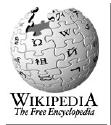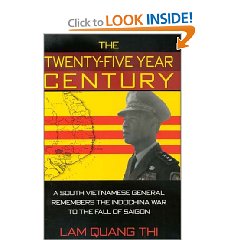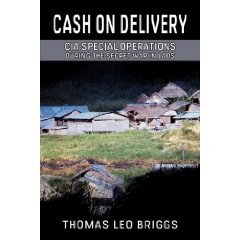
This is one of two books strongly recommended, with deep admiration, by BGen McMaster, USA (Ret) speaking to the Office of the Director of National Intelligence (ODNI) on 19 January. The four page trip report on his remarks about improving intelligence in support of the multinational mission in Afghanistan has been posted to Phi Beta Iota the Public Intelligence Blog.
I have bought this book and will review it within two weeks. CIA got its start in drug running and money laundering in Viet-Nam, and has at best facilitated the expansion of the drug zone and at worst financed it–at least half of the billion dollars a year that were channeled into Afghanistan by CIA via the Pakistani Intelligence Service are assumed (by me) to have been stolen, and today Pakistan is the primary site for the processing of Afghan opium into #4 heroin for onward shipment to Europe and elsewhere.
General McMaster also recommended Organizations at War in Afghanistan and Beyond. In my own review of Ghost Wars: The Secret History of the CIA, Afghanistan, and Bin Laden, from the Soviet Invasion to September 10, 2001 From that review pending my doing a complete proper review of this book:
The most important point in the book is not one the author intended to make. He inadvertently but most helpfully points to the fact that at no time did the U.S. government, in lacking a policy on Afghanistan across several Administrations, think about the strategic implications of “big money movements.” I refer to Saudi Oil, Afghan Drugs, and CIA Cash.
The greatest failure of the CIA comes across throughout early in the book: the CIA missed the radicalization of Islam and its implications for global destabilization. It did so for three reasons: 1) CIA obsession with hard targets to the detriment of global coverage; 2) CIA obsession with technical secrets rather than human overt and covert information; and 3) CIA laziness and political naiveté in relying on foreign liaison, and especially on Saudi Arabia and Pakistan.
My bottom line: the $75 billion a year for secret intelligence is not producing intelligence, only waste and profit. We are killing our troops in the field by being incompetent at intelligence. That breaks my heart.








